This past June, I helped bring together nearly 300 people who gathered at Microsoft in New York City to participate in the first-ever LBTQ Women Conference. I honestly can't fathom what made me think I could pull this off. In the midst of Stonewall 50 commemorations and WorldPride, how would NYC possibly fit yet another event into its bursting-at-the-seams Pride schedule? The truth is "I" didn't pull it off. "We" did. A group of tenacious women (too many to name here) from a host of industries had joined me more than six months earlier to begin making this dream a reality. It worked. At the end of the day on June 26, 2019, we saw the positive result reflected in the eyes and smiles of our participants. From corporate CEOs, to small business owners, from artists to nonprofit leaders and beyond, all felt they belonged.

Above: Azure Antoinette
As one attendee told me: "We are from everywhere. We are all shades. We identify in varying ways and we represent numerous professions. And here we all are sharing this common bond. You have CEOs and you have tiny companies like ours. Yet we didn't feel 'less than' sitting in that room just because we're small. I think we've all been starving for this and you're really fulfilling a need. Just seeing all these diverse women in one room for a full day was like, "Wow, we didn't know we could be this happy."
And that's the point. That's why I've devoted three plus years of my life building LBTQ Women -- to push back on our perceived invisibility; to bust stereotypes; and to show LBTQ women from every background, every line of work and every country that they matter and their voices count. The June convening, chock full of influential speakers and thought leaders, came on the heels of an event in the UK Parliament in March with similar aims and the same backing of powerful corporate and government leaders.
As a woman, an out lesbian, and an executive in the global banking industry, I have observed over time that if women get even an inkling that someone is not included in the room, we will walk the other way. It could be conscious or unconscious, but I believe we are deeply ingrained with a spirit of inclusion. It may come from the fact that we are the sex that often defaults to raising children and the biggest fear we have is that somebody's going to get to school and be left out and that could be possibly our child. As soon as we feel somebody else is not invited, we won't attend.

Above: Rainie Cole, Cindi Creager, and Nancy Ross
So call me an activist or call me an overprotective mom -- regardless of my title, I want to level the playing field for the fierce and mostly unsung individuals among us. It is high time this strong network of people who are committed to looking out for one another should be properly seen and heard. And it is particularly crucial given the economic and socio-political challenges we collectively face, including a massive wage gap with our male colleagues.
"Gender pay gap figures show eight in 10 UK firms pay men more than women"; "Women overall in the U.S. earn about 80 cents for each dollar paid to men"; "The disparity in pay among some female minority groups is worse than among all women" are three stand-out statistics. According to the National Women's Law Center's analysis of 2018 Census Bureau data, black women, for instance, get 61 cents for every $1 that their white male counterparts are paid. The difference over a 40-year career would mean earning about $946,000 less, according to the research.

Above: Carmelyn P. Malalis, Glennda Testone, LaLa Zannell, Deena Fidas, Urvashi Vaid, and Darra Gordon
Transgender women of color face the most daunting economic roadblocks of all. "The unemployment rate among transgender people of color (20 percent) is four times higher than the U.S. unemployment rate (5 percent)," according to a survey conducted by the National Center for Transgender Equality. "These disparities can lead to numerous negative outcomes in housing, health, and many other aspects of life."
These stark realities only strengthen my desire to bolster our communities by increasing our collective visibility at work and in society; helping folks to be more confident about who they are and about coming out as their authentic selves; encouraging them to regard their identities as positive differentiators; and urging them to strive for success and reach their full potential.
I realize these are lofty goals but I and my collaborators are in it for the long haul. We started this work after surveying LBTQ women and discovering that they were hungry for this kind of unity. While just a few years old, we are rapidly expanding and looking forward to the day when our conference grows from 300 to 3,000 attendees. Stride by stride, one LBTQ person at a time, we will break barriers, build our global community, and thrive.
 Pippa Dale is a founding member of LBTQ Women, a dynamic network created to inspire, inform and celebrate the success of lesbian, bisexual, transgender and queer women.
Pippa Dale is a founding member of LBTQ Women, a dynamic network created to inspire, inform and celebrate the success of lesbian, bisexual, transgender and queer women.
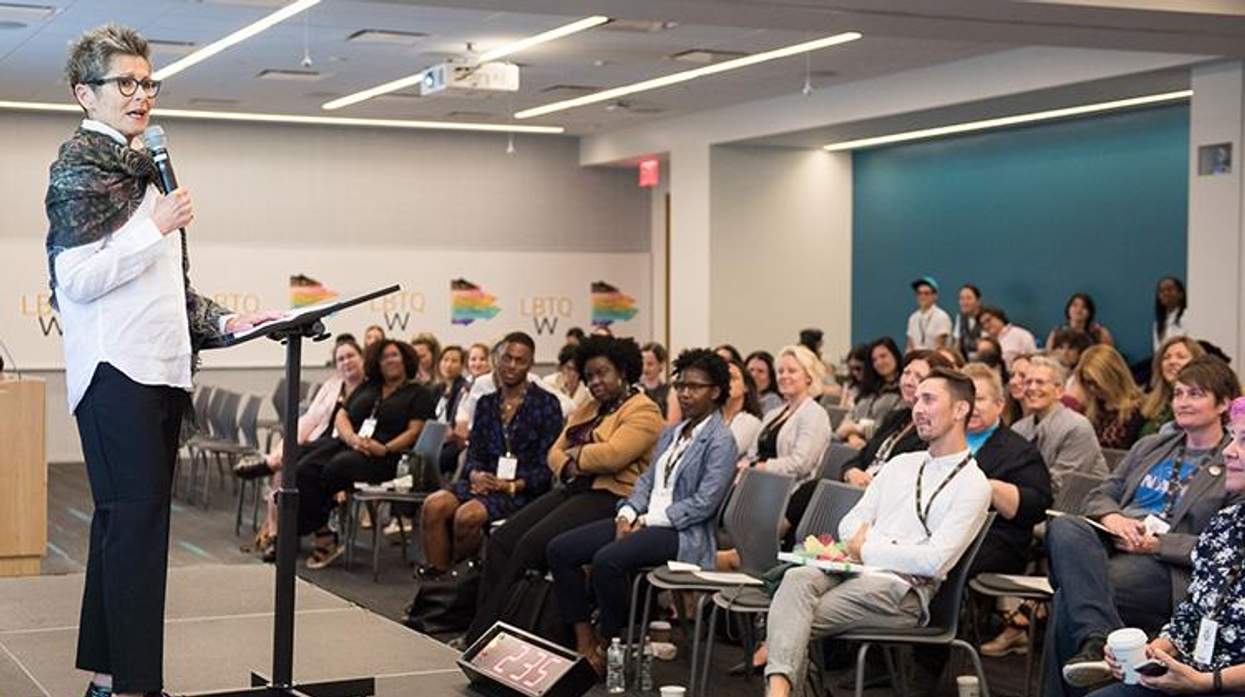

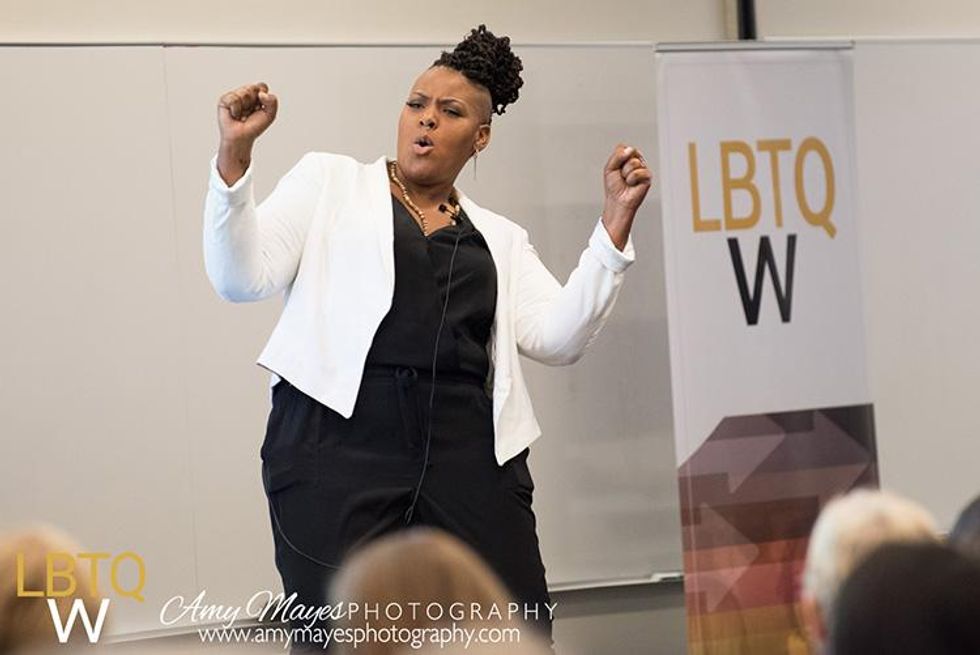
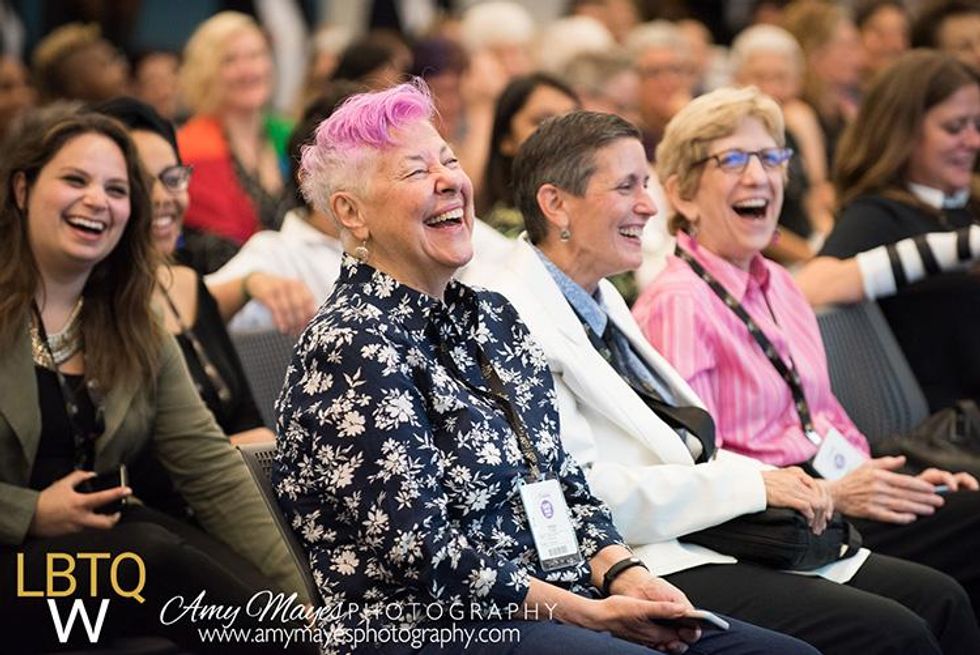
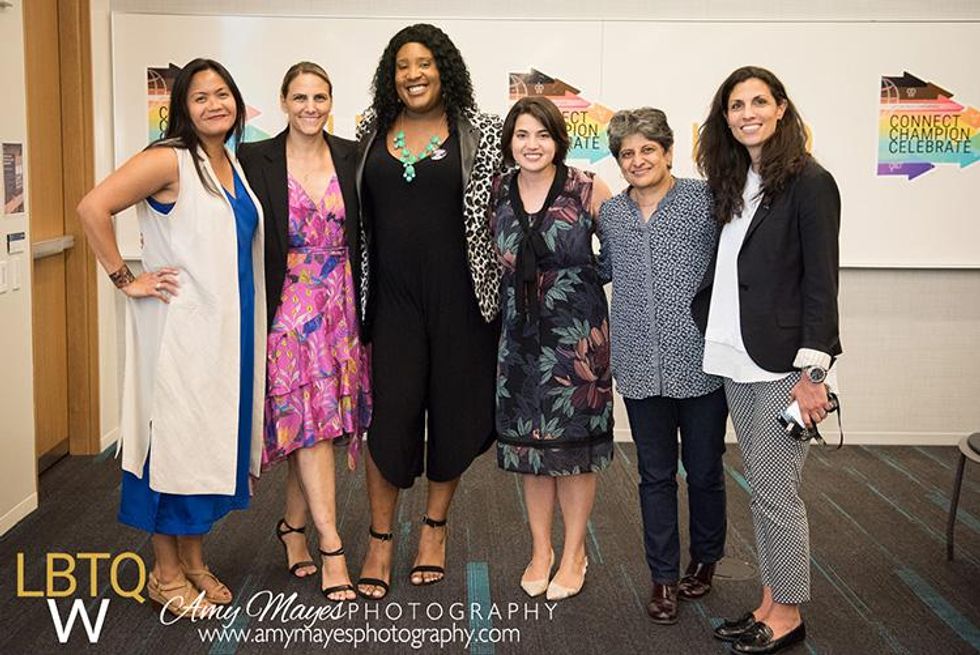
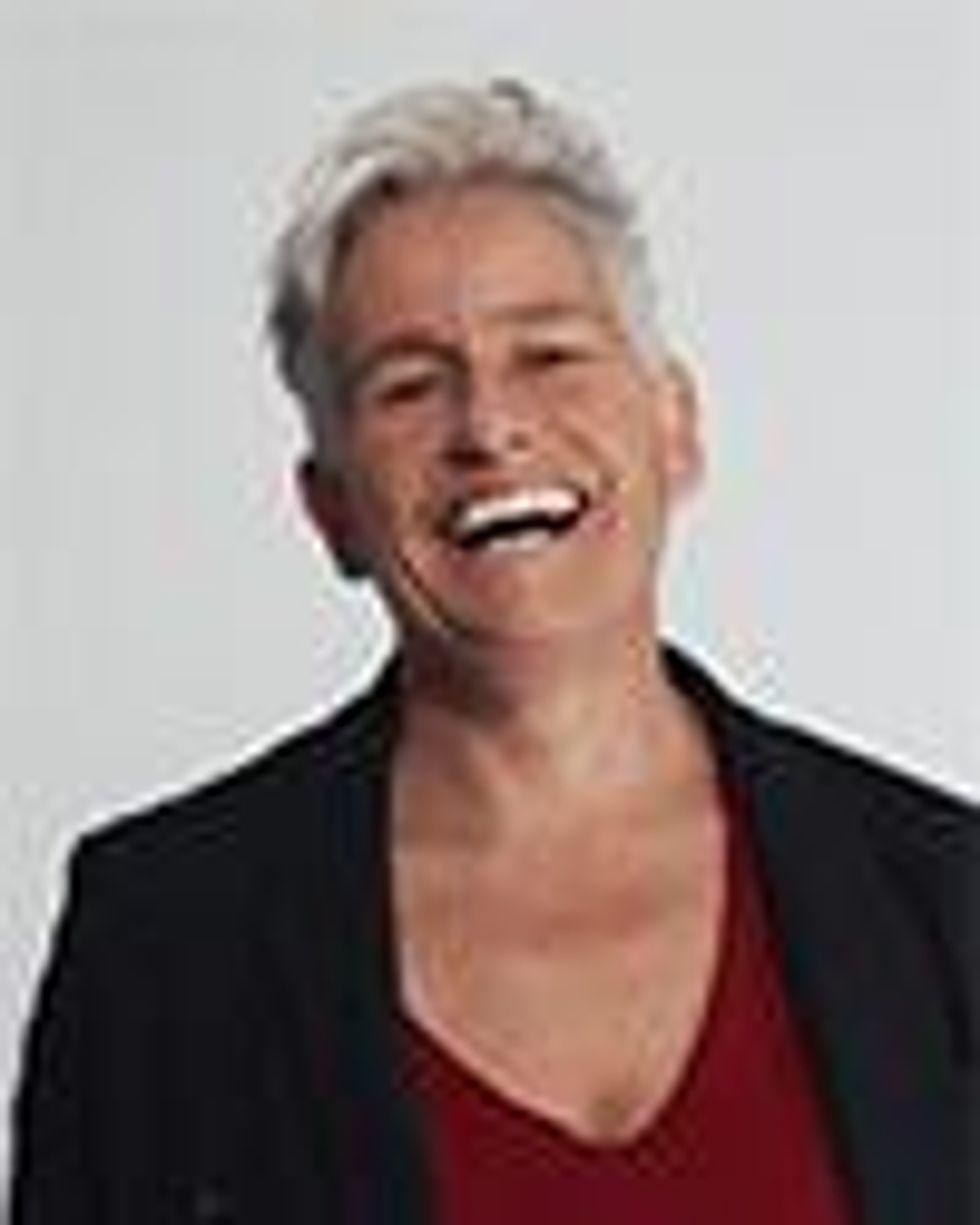 Pippa Dale is a founding member of
Pippa Dale is a founding member of

















































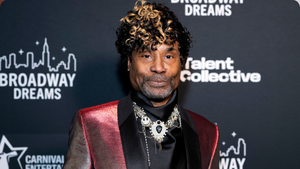















Charlie Kirk DID say stoning gay people was the 'perfect law' — and these other heinous quotes